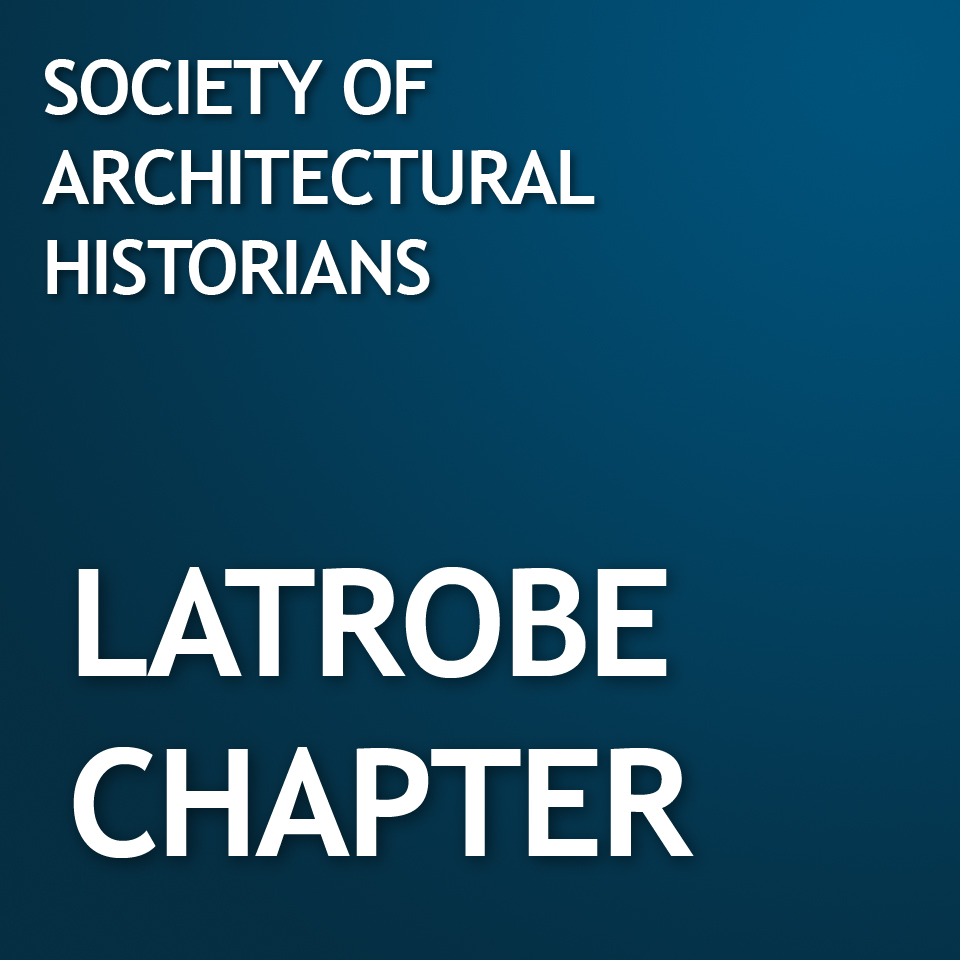Due to inclement weather, this event has been postponed! If you have already registered via Zoom, your registration has been automatically updated.
〰️
Due to inclement weather, this event has been postponed! If you have already registered via Zoom, your registration has been automatically updated. 〰️
WE ARE PLEASED TO BE OFFERING BOTH IN-PERSON AND VIRTUAL ATTENDANCE OPTIONS FOR THIS EVENT! PLEASE SEE BELOW FOR DETAILS TO JOIN EITHER VENUE.
In the late 1930s, Amaza Lee Meredith (1895-1984), an African American woman from Lynchburg, Virginia, designed and built a Modern style house for herself and her female companion. Situated on the edge of the Historically Black Virginia State College, in Petersburg, VA, the modest structure, built of concrete blocks, emphasizes the horizontal in a cube-like form. A smooth white planar surface is punctuated by glass bricks, has rounded ends, and a flat roof terrace framed by curved metal coping and accessed by means of a steel ship’s ladder. In other words, the building reflects clear principles of Modern architecture. Yet these formal and aesthetic considerations typically, to this day, conjure the designs of the white European male: the slick shiny cube of a Le Corbusier dwelling or the refractive glass and steel of a Mies van der Rohe facade.
In her life and work, Amaza Lee Meredith shattered behavioral norms on multiple levels. The house she designed provides a provocative place to explore the choices she made, the influences she absorbed, and the new norms she desired to reflect. This lecture offers a reconsideration of the Modernist canon, but more importantly provides a candid lens into the world of the emergent Black professional class of the early 20th century. Asking critical questions to enrich the discourse of race and gender identity politics, while broadening histories of social representation, this presentation illustrates the importance of mining minority histories of material culture, to enhance our appreciation of American history and life in all its complexity.
About the Speaker
Jacqueline Taylor is an architectural and art historian working at the intersection of race, gender and the urban environment. She received her MA and PhD from the University of Virginia where she also studied Historic Preservation. She has taught courses ranging from the global survey to specialized seminars focusing on Black architects, Black Women artists, Women in the urban context, and the Arts and Craft Movement, at the University of Virginia, Virginia Polytechnic Institute and State University (Virginia Tech), and Tulane University.
As a cultural landscape specialist, Jacky was recently the lead historian at the City of Detroit Department of Planning and Development working to regenerate the historic urban environment. She is currently a Senior Architectural Historian at AECOM based in the Arlington office.
IN-PERSON ATTENDANCE
The lecture will take place at The First Congregational United Church of Christ, Second Floor, 945 G Street NW, Washington, DC. Reservations are not required. $10.00 for Latrobe Chapter members, student members (full time) free with ID, $15.00 for non-members. Doors will open at 6:30 pm for socialization and refreshments; lecture will begin at 7:00 pm.
VIRTUAL ATTENDANCE
Virtual attendance is free but advance registration is required to participate. After registering, you will receive a confirmation email containing information about joining the lecture. Virtual lecture will begin at 7:00 PM. Please note that this event will not be recorded. TO REGISTER VIA ZOOM, CLICK HERE.

